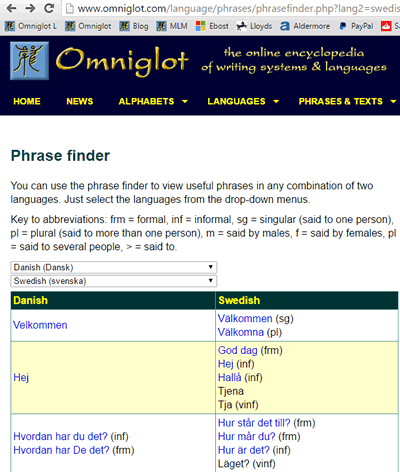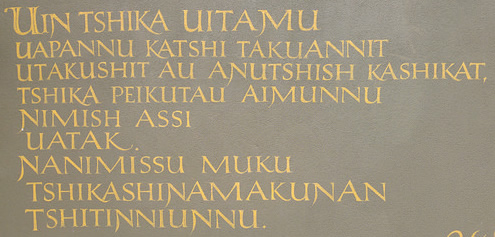When I meet people who are familiar with my website, some of them say how much they like my blog. When I ask them what they like about it, they mention things that are on my website, rather than on this blog, so I soon realise that they’re using the word blog to refer to my website, and possibly this blog, although not all of them are aware of the blog’s existence.
To me the distinction between my website and my blog(s) is clear. They may be on the same server, but they look different and have different functions. I’ve noticed that on some other websites though there isn’t such a clear distinction between blogs and other pages, especially on ones that have grown from blogs. Maybe that’s why people get confused.
Sometimes people tell me about mistakes on other sites which are linked to on Omniglot, thinking that I have something to do with them and can make changes on them. I understand why this happens as they might not realise that they’re on a different site.
None of these things are particularly important, but it’s interesting, to me at least, to notice them.
Is there a distinction between the words for website and blog in other languages?

